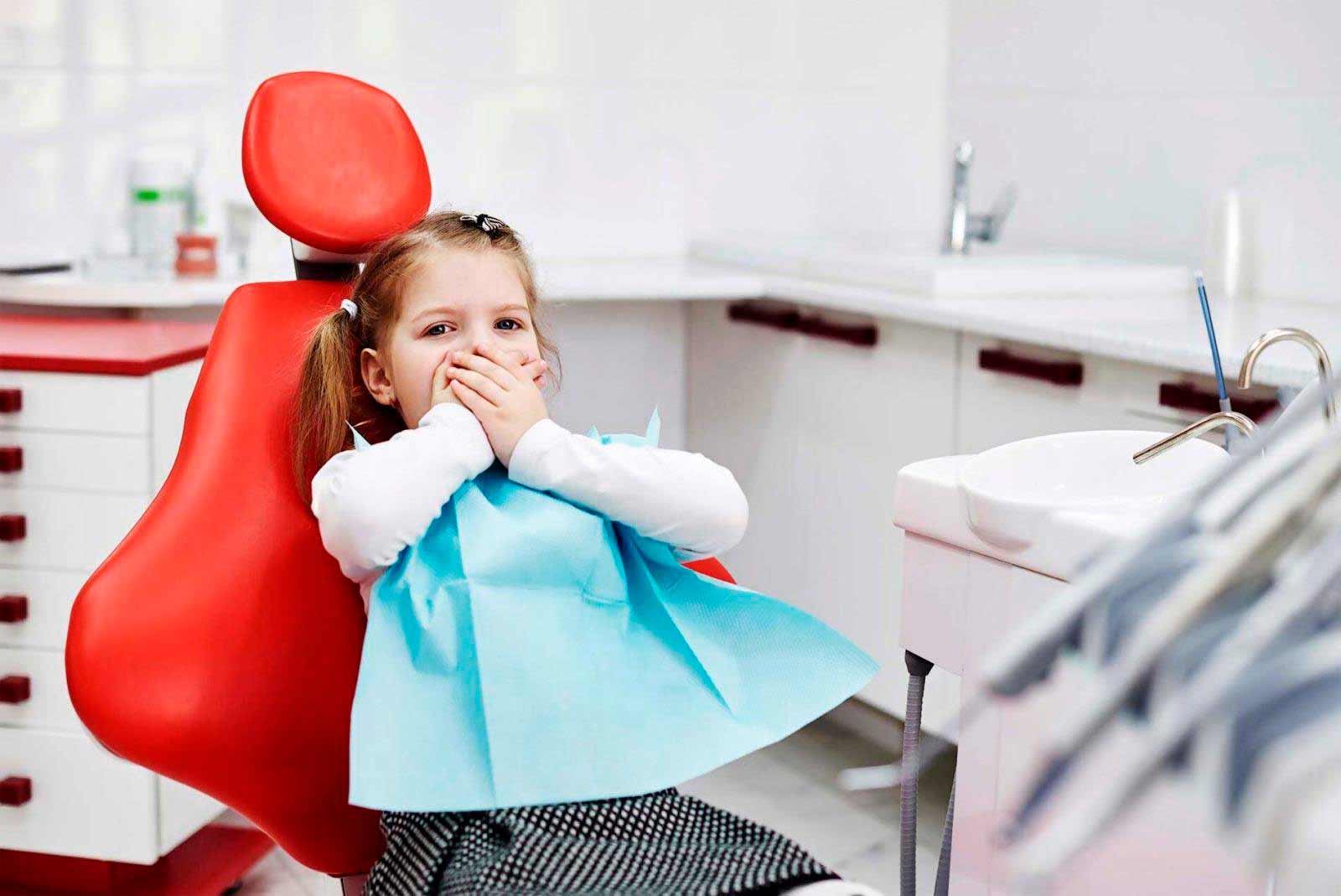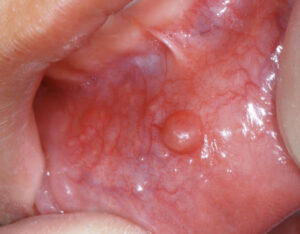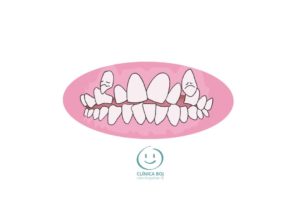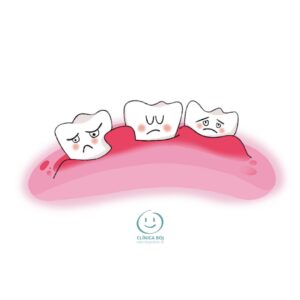Fear of dentist: how children can avoid dental phobia
Fear of the dentist is a situation that can be considered normal in people with dental phobia. In such cases, specially with children and teenagers, a positive attitude towards oral treatment has not been promoted yet.
Certainly, avoiding the dentist helps to have poor oral health and, thus, dental care. People with this problem get more often dental disease and gum disease.
Undoubtedly, this is a topic widely addressed by paediatric dentists and known as “behavior management in pediatric dentistry“.
What is dental phobia?
Dental phobia consists of feeling anxious every time you need a dental treatment. In other words, you are scared of having a bad experience when you think about being visited by a dentist. The so-called fear of going to the dentist, is also called dental phobia fear.
Without doubt, this also happens when kids and teenagers have an appointment with their pediatric dentist. When fear appears, it is difficult for nervous patients to open the mouth and keep it open during dental treatment.
In this type of situation, it is advisable for the Paediatric Dentist to use cognitive behavioral therapy techniques, among others.
How to avoid the fear of going to the dentist?
For sure, pediatric dentists are trained to explain children what treatment is needed to be done. Also, how the treatment is going to be carried out.
Without doubt, the pediatric dentist will act as naturally as the situation demands. He/she will get the child to understand that the treatment will be a positive experience.
The pediatric dentist has been trained to deal children of different ages. Undoubtedly, they will not have phobia of dentistry when they go to the dental clinic.
When children are little, they get used to dentistry step by step. Because, at this stage, the pediatric dentist uses behavioral techniques for reducing fears. Also, if there is a dental problem, it can be easily solved.
Why are children afraid of going to the dentist?
Specifically, parents and caregivers are discouraged from talking to children about dentists and their treatments, even if without malicious intent. Such behavior generates coping mechanisms and may induce fear and anxiety. Too many explanations by the parents may increase anxiety levels very much.
One reason for this, is previous negative medical or dental experiences. They help perpetuate dental anxiety and make it difficult to overcome fear of the dentist.
Normally, we already observe afraid children in the waiting room with their family or with other children.
How can children avoid fear of dentists?
Basically, certain sentences such as:
a) “behave yourself or the dentist will pull out a tooth”, or
b) “keep still or they will prick you and pull out your teeth”,
are unfortunate and extremely negative for the psychological development of the child. Also, they modify his/her good disposition to receive an oral treatment.
Explicitly, these are causes of anxiety that do not help to overcome the fear to the dentist. In addition, they avoid going to the dentist and having the dental treatment done.
Similarly, without prior knowledge of dentistry, a child would likely have no preconceived notions or apprehension associated with the profession.
Undoubtedly, certain societal beliefs and old practices related to dentistry may be passed down to children. Therefore, it is important to remember that we can create underlying fears without willing so.
Furthermore, we should bear in mind that something of our “collective unconscious” of historical fear is transmitted to the child. This fear or phobia to old ways of “doing” associated with dentistry, makes it harder to develop dental procedures.
How to calm a child at the dentist?
Particularly, the pediatric dentist can easily and effectively model children in the new world of dentistry. Consequently, this is possible if there are no prior established and/or structured ideas and fears.
Also, relaxation techniques such as listening to music can make visits easier. In some cases, it is necessary to assist patients with conscious sedation.
Why parents fear their child will be afraid of the dentist?
On the one hand, it is based on a past cultural issue. On the other hand, on the personal dental history of each one of us. Obviously, based on our own experience, we think that children will go through the same situations of our past dental procedures.
To emphasize, pediatric dentists will try to break these links of transmission of their own anxieties from parents to children. Moreover, subsequently also those of children to parents.
In conclusion, it is important as parents/guardians to transmit a relaxing feeling to our children when visiting the dental office. This way, we will not incorporate our own fears of going to the dental visit to our children.
References:
Boj JR., Lischeid C., Jimenez A., Espasa E. Técnicas de comunicación y de modificación de la conducta para tratamientos dentales en niños. MTA Pediatría. 14, 647-657, 1993.






